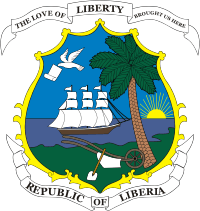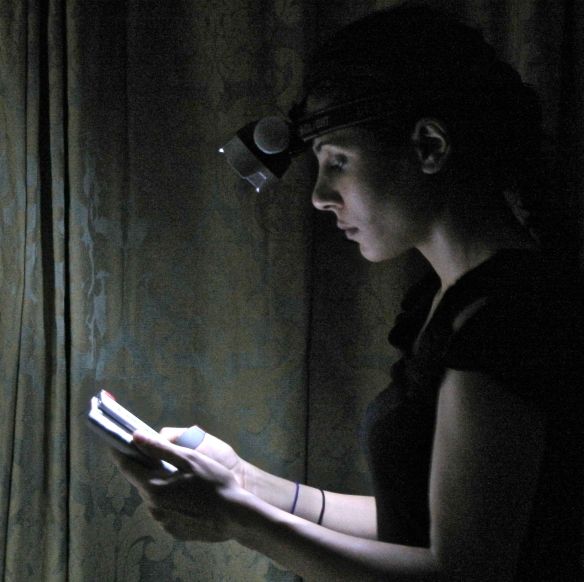In the early 19th century, the US abolitionist movement designated Liberia’s coast as the spot to resettle freed American slaves. It is said that officials of the American Colonization Society forced a treaty upon a local king at Cape Mesurado (present-day Monrovia).
And so Liberia was founded in 1847 by Black American settlers.
Perhaps unsurprisingly given their own brutal past, the former slaves enslaved the autochthones and went on to monopolize Liberian politics for two centuries. This layed the groundwork for inequalities so deep, that they triggered the 1989-2003 civil war.
Some Liberians think that reconciliation should start where it all started – by revising the symbols of the nation.
“Do we want an emblem that represents only 10% of our population? Do we want a flag that looks like the 52nd star of the flag of the ‘colonizers’?”
Liberia’s Governance Commission is tackling some of these issues as part of developing Liberia’s National Vision 2030.


How can policy makers help heal some of the deep wounds inflicted by the civil war without rekindling explosive tensions?
In Lebanon to a large extent, we’ve adopted the Ostrich policy. The reconciliation process “mousalaha” has been scattered and incomplete. As an illustration of the lack of collective memory, our official history book taught in public schools omits to mention the civil war. Given the persistent tensions and lack of common national vision, I’d say the Ostrich strategy does not work so well…
Curious and hopeful to see what would come out of the introspective work that Liberia is doing!











